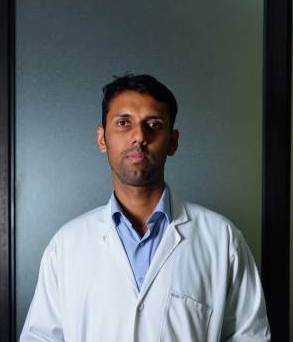Biotechnology & medicine
Subham Banerjee
Transdermal patch against neurotoxin poisoning

China
Le Cong
For the first time, the effects of the CRISPR-Cas9 system on human and rodent genes and the application's potential were revealed

Global
Amanda Randles
Personalized simulations of blood flow in the body.

India
Vinay Kumar
A single device that can diagnose multiple parameters related to diabetes management

Latin America
Rocío Alejandra Chávez-Santoscoy
Turns everyday affordable foods, such as bread and tortillas, into ones capable of preventing disease.
